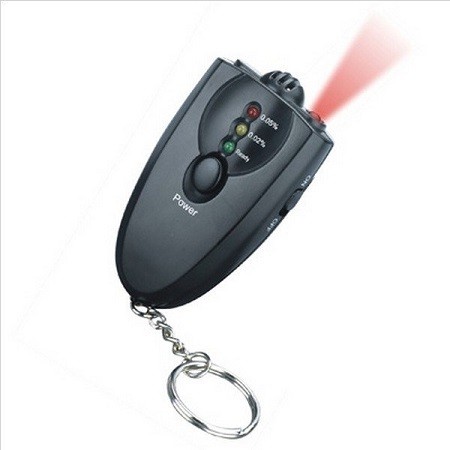The Supreme Court of the United States reported a split-decision ruling on June 23, Thursday that law enforcement officers can require a warrant-less breathalyzer test from suspected drunk drivers after an arrest. In the same situation a warrant is required for police officers to demand a blood test. The ruling was based on three drunken driving arrests in North Dakota in which the arrested men were prosecuted or threatened with legal action if they refused to take tests for measuring alcohol levels in breath or blood.
"Birchfield v. North Dakota" was the three-case amalgamation whose decision resulted from a 5-3 vote among the Supreme Court justices. The highest court in the land ruled that arresting officers can require a warrant-less breath test, and US states can require intoxicated drivers to take breathalyzer tests. However, blood tests require a warrant.
Justice Samuel Alito wrote the Supreme Court's opinion. Alito is widely considered to be one of the most conservative justices.
The conviction of William Bernard Jr. was upheld after he was prosecuted for refusing a breath test. Meanwhile, the ruling of defendant Danny Birchfield was reversed after he was prosecuted for not taking a blood test.
In the third case Steve Beylund was threatened with prosecution after he refused a blood test. His case has been sent to lower courts. It follows the Supreme Court's ruling that suspected drunk drivers cannot be threatened with legal action for refusing to take a warrant-less blood test.
Three Supreme Court justices were partially against the ruling. Liberal justices Sonia Sotomayor and Ruth Bader Ginsburg argued that court-issued warrants should be required for all breath and blood tests, according to CNN. Sotomayor wrote that the Supreme Court was not taking steps to protect the 4th Amendment of the US Constitution. She argued its warrant requirement could later become a suggestion instead of law.
Meanwhile, conservative Justice Clarence Thomas claimed that warrants should not be required for either chemical test.
Chief deputy solicitor general Ian Gershengorn represented the federal government in the cases. He argued that judges cannot issue warrants at all times of the day.
There are 13 states that make it illegal for drivers to refuse to warrantless chemical tests, according to USA Today. They test a person's breath, blood, or urine.
Alito seemed to mostly side with the states during the oral argument. He argued drunk-driving suspects refuse blood -alcohol tests simply because they do not want their blood alcohol levels measured.
Here's an iPhone breathalyzer:



























